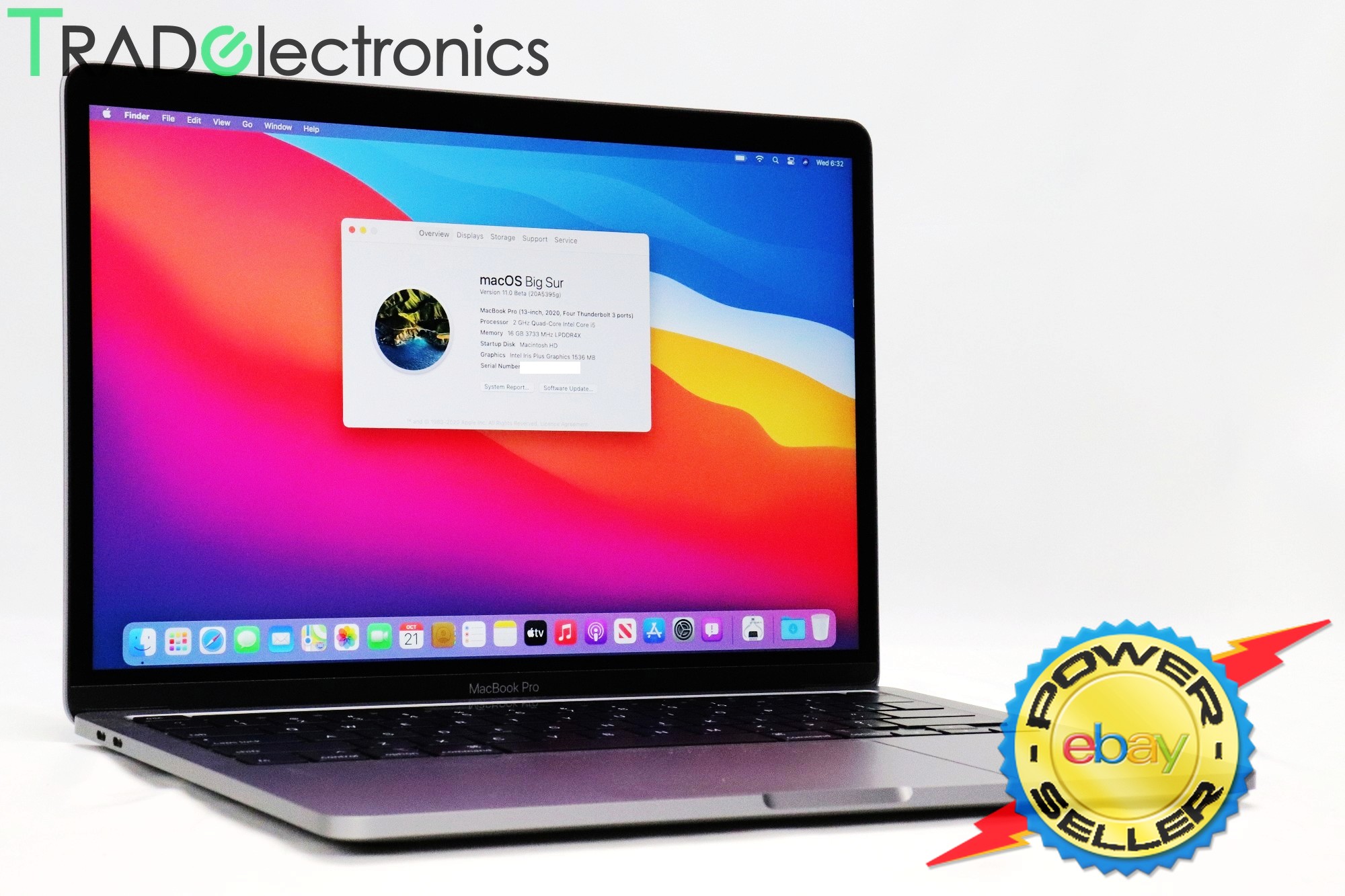

It's critical that you select the drive rather than a partition. In the left sidebar, choose the desired drive from the list. Through Disk Utility Open Disk Utility from the path Applications -> Utilities -> Disk Utility. Vendor Specific SMART Attributes with Thresholds: SMART Attributes Data Structure revision number: 18 SMART capabilities: (0x0003) Saves SMART data before enteringĮrror logging capability: (0x00) Error logging NOT supported.
#MACOS SSD HEALTH OFFLINE#
Self-test execution status: ( 249) Self-test routine in progress.Ĭapabilities: (0x1d) SMART execute Offline immediate. Offline data collection status: (0x00) Offline data collection activity SMART overall-health self-assessment test result: PASSED SMART support is: Available - device has SMART capability. SATA Version is: SATA 3.1, 6.0 Gb/s (current: 3.0 Gb/s)

User Capacity: 512,110,190,592 bytes ĭevice is: In smartctl database ĪTA Version is: ACS-2 (minor revision not indicated) Model Family: Indilinx Everest/Martini based SSDs Smartctl 6.0 r3643 (local build)Ĭopyright (C) 2002-12, Bruce Allen, Christian Franke, = START OF INFORMATION SECTION = To give you an idea, here's the example output: MacBook:~😈 smartctl -a /dev/disk0 I have an OCZ SSD retrofitted into my MBP 15" mid-2010 and I can use smartctl command to monitor various stats, including your Total Bytes Written (called here Lifetime_Writes) as well as Media Wearout Indicator (shown as percentage).
#MACOS SSD HEALTH FOR MAC#
You would need XCode to compile them from source (unless someone here knows binary distribution for Mac OSX), but if I remember correctly I had no issues compiling the package. If you're OK with Command Line utilities, you can always use smartmontools from.


 0 kommentar(er)
0 kommentar(er)
